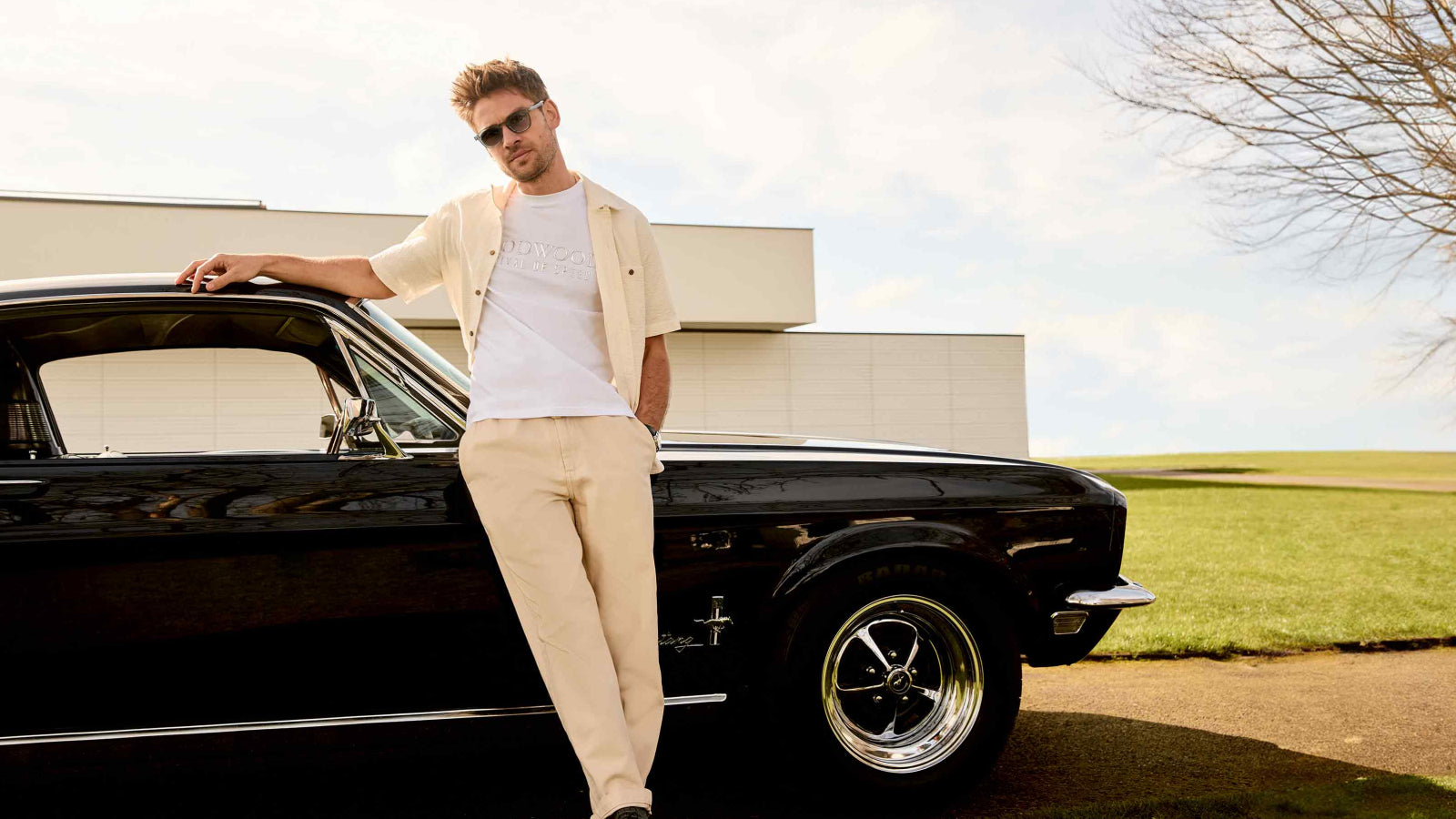Carlos Sainz Sr. wins the 2020 Dakar, claiming third Dakar crown
All eyes were on ex-Formula 1 champion Fernando Alonso as the 2020 Dakar Rally unfolded, but it was two-time World Rally champion Carlos Sainz Sr. who took victory, adding a third title to his Dakar portfolio.

In what is the rally’s first year in Saudi Arabia, Sainz and co-driver Lucaz Cruz completed the 7,500km route in 42 hours, 59 minutes and 17 seconds, after navigating their way through endless desert and rocky pistes.
The Bahrain JCW X-Raid Team duo performed consistently in their Mini John Cooper Works Buggy, with four stage wins to their name. After winning the Stage 10 and widening their lead to more than 18 minutes, they lost time in the ensuing two stages and won with a lead of just 6 minutes and 21 seconds, ahead of defending champions Nasser Al-Attiyah and Matthier Baumel in the Toyota Gazoo Racing Hilux.
But 57-year-old Sainz was confident of success from the start, stating his intentions in no uncertain terms to the rally’s organisers: “I see myself winning the Dakar 100 per cent, if I didn’t, I wouldn’t do it,” he commented. “When you reach a certain age, getting physically prepared to be at the best level and using all your abilities requires a lot of effort. You have to get up every day and do aerobic exercises and weight lifting. I think I have earned the right to decide whether or not I want to race. I just won two stages in the Morocco Rally. If I am here, it is because I believe I can win a stage, the rally and the Dakar. I will try to win, if I didn’t, I would rather stay at home.”

The victory marks the first for a Mini John Cooper Works Buggy model since its 2018 debut, and the X-Raid team’s first title since its four in a row from 2012 to 2015.
Meanwhile, following an intense training regime, designed to take him from racetrack to rally, Fernando Alonso was declared Dakar-ready by his team Toyota Gazoo Racing in late October last year.
While placing remarkably well for his Dakar debut, the two-time Formula 1 champ and his co-driver, five-time Dakar bike winner Marc Coma, suffered a three-hour setback following a crash during stage two, in which they had to change a wheel and suspension on their Toyota Hilux. Maintaining their pace thereafter, Alonso and Coma ultimately finished 13th, 4 hours, 42 minutes and 47 seconds off the pace.
After going into the final stage just 6 seconds behind Al-Attiyah and Baumel, 13-time Dakar winner Stephane Peterhansel, lengthened the gap to 3 and a half minutes, but finished his 31st Dakar third nonetheless. With his Bahrain JCW X-Raid co-driver Paulo Fiuza, he finished fifth in the final stage.

Behind Peterhansel was Saudi Arabian Yazeed Al-Rajhi and Russian co-driver Konstantin Zhiltsoz, with their Overdrive Toyota finishing overall in fourth – Al-Rajhi’s best Dakar finish to date.
In fifth, the Toyota Gazoo Racing Hilux of Giniel de Villiers and Alex Haro Bravo was 1 hour, 7 minutes and 9 seconds off pace, while their teammates Bernhard ten Brinke and Tom Colsoul made it four Hiluxes in the top seven. Argentinians Orlando Terranova and Bernardo Graue came in sixth in the X-Raid JCW Mini.
The top four trucks was almost a Kamaz lockout, with the first place trio of Andrey Karginov, Andrey Mokeev and Igor Leonov finishing the overall in 46 hours 33 minutes and 36 seconds, followed by the trio of Anton Shibalov, Dmitrii Nikitin and Ivan Tatarinov, 42 minutes and 26 seconds later.
In third, the Maz-Sportauto team of Siarhei Viazovich, Pavel Haranin and Anton Zaparoshchanka were 2 hours 04 minutes and 42 seconds off the pace, while Dmitry Sotnikov, Ruslan Akhmadeev and Ilgiz Akhmetzianov completed Kamaz’s domination, 2 hours, 55 minutes and 28 seconds behind their winning teammates.
Big Shock Racing’s Martin Macik, Frantisek Tomasek and David Svanda completed the top five, 3 hours, 28 minutes and 8 seconds off pace.
Dakar
Dakar 2020
2020
Carlos Sainz
Mini































































